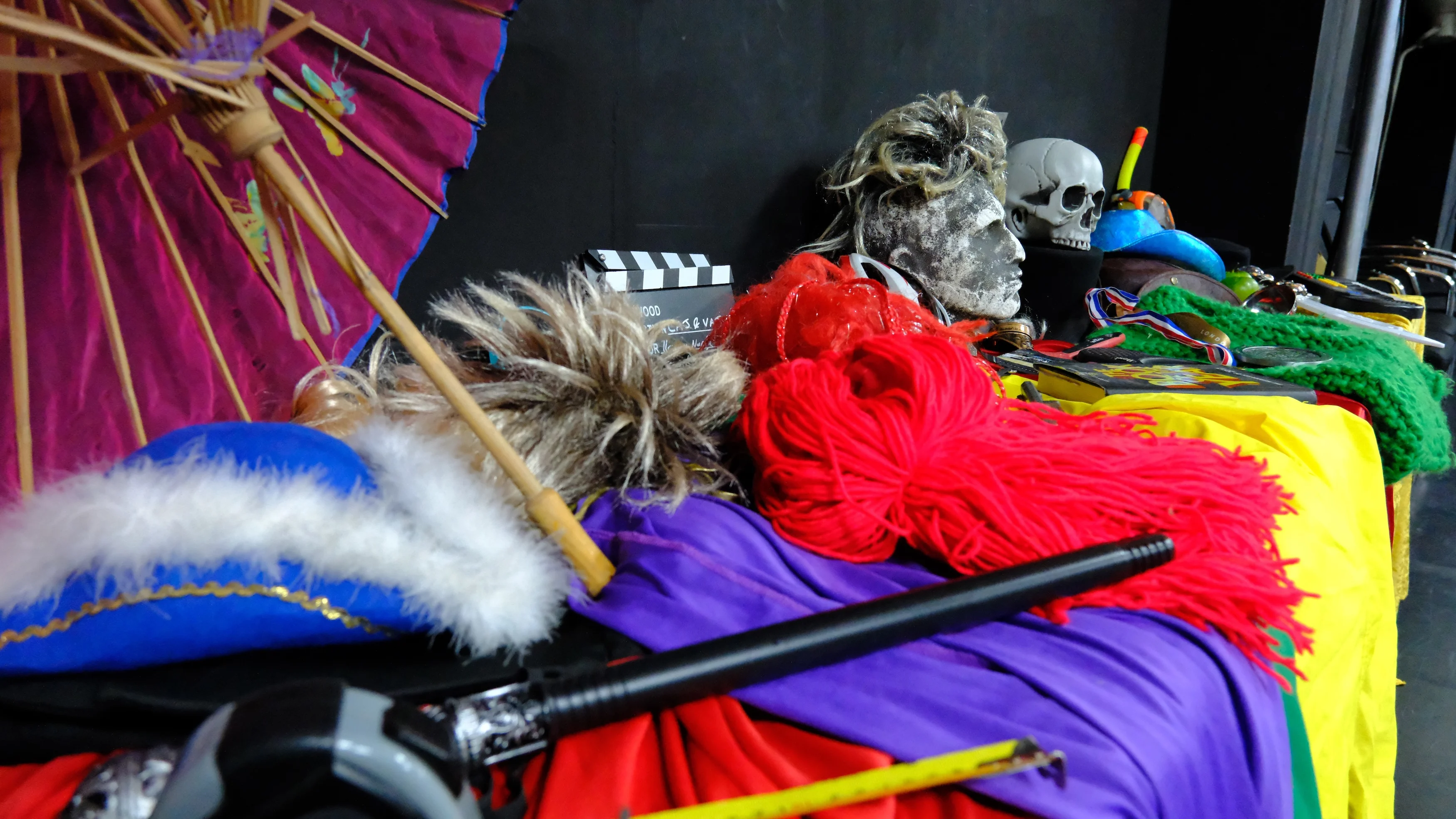
Make Friends Have Fun With Props: Play Games, Discover, Connect - Playface x The Fun Fed
Old Winchester Arms, London
Learn More

Idioms, metaphors and sayings are often invisible in everyday speech—until you take them literally. Comedy loves this kind of sideways thinking, because it cracks open familiar phrases and turns them into surreal scenarios.
Think of it like playing “what if the world followed the rules of the phrase exactly?” What if “running shoes” meant shoes that were literally sprinting down the street? What if “the early bird gets the worm” was a competitive sport at dawn?
This exercise turns those phrases into fertile ground for games and sketches.
Generate phrases
Start with a list of metaphors, similes and common sayings that could be taken too literally.
Example: The grass is always greener, blow up the world, running shoes, the early bird gets the worm.
Doing this solo can be tough—using AI or group brainstorming helps get longer, stranger lists.
Ask “what if”
Pick one phrase and spin out possibilities. Ask: What if this was literally true? Then what else would happen?
Example: “Running shoes” → what if the shoes themselves were runners?
Find the game
From your “what if” ideas, choose one and define the comedic game.
Example: shoes behave like athletes (a mapping game).
Build a scenario
Place your game in a situation where it can play out.
Example: a runner laces up, but the shoes leap up and dash away, forcing the runner to chase them.
Heighten with beats
Escalate the scenario with logical or absurd developments.
Beat 1: shoes sprout legs.
Beat 2: they race around the house.
Beat 3: they escape outdoors, leading to a citywide chase.
This game works because audiences love seeing the hidden absurdity of language revealed. Phrases are shortcuts for meaning—we forget how strange they sound until we obey them literally. The more familiar the phrase, the stronger the comic tension when it is treated as truth.
